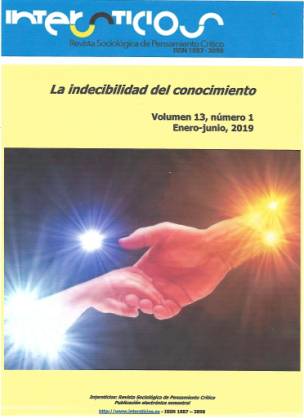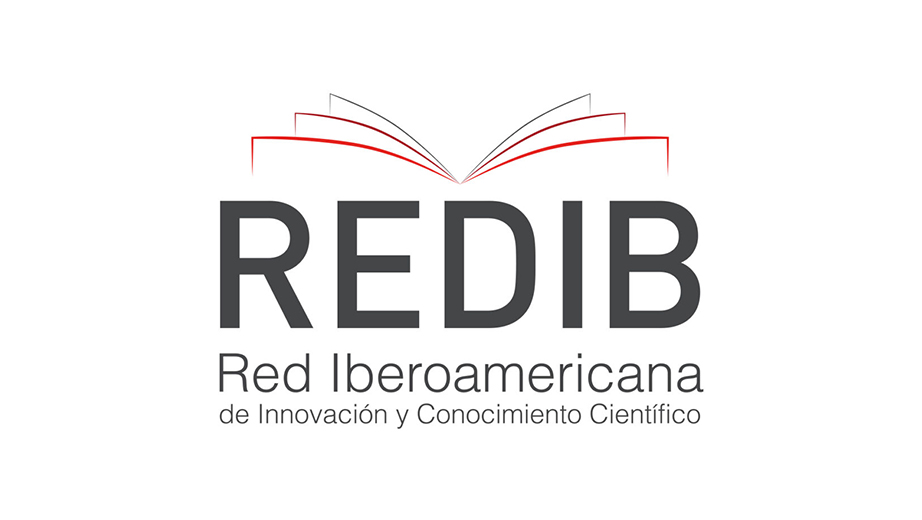El escenario del pos acuerdo y sus incidencias en la transformación de las estrategias de defensa y seguridad del Estado Colombiano
Palabras clave:
Estado moderno, estrategias de seguridad de Estado, conflicto, Doctrina Damasco / Modern state, State security strategies, conflict, Damascus DoctrineResumen
El desarrollo de las estrategias de defensa y de seguridad del Estado colombiano, han estado indisolublemente ligadas al Conflicto Interno Armado, hacer frente a este desde las estrategias militares de contra guerrilla, han alimentado las políticas con objetivo de proteger a la población ante el incremento del accionar militar de grupos insurgentes. Sin embargo la firma del acuerdo de paz entre el gobierno de Juan Manuel Santos Calderón y las guerrillas de las Farc, hacen que las miradas de estrategas militares y académicos viren sus ojos hacia la transformación de las fuerzas militares con el fin de afianzar el escenario del pos acuerdo en materia de seguridad de Estado y hacer frente a las nuevas guerras, desafío que moviliza el conflicto de la zona rural a la zona urbana, espacio en el cual los conflictos entre nuevos actores determinan un nuevo marco de acción estratégica militar. El presente artículo parte de una análisis de la construcción política del Estado Moderno desde la coerción capitalizada de Tilly, y orienta una perspectiva correlacional entre esta y su influencia en la evolución de las estrategias militares en Colombia desde el periodo independentista hasta el posconflicto, buscando con ello conocer el desarrollo en materia de seguridad de Estado que ha acompañado a Colombia en su vida Republicana para hacer frente a los efectos catastróficos que amenazan la defensa y la seguridad del mismo estado en el marco de su política interna y externa. Title: The scenario of the post agreement and its incidents in the transformation of the defense and security strategies of the Colombian State Abstract: The development of the defense and security strategies of the Colombian State, have been inextricably linked to the Internal Armed Conflict, to face this from the military counter-guerrilla strategies, have fed the policies with the objective of protecting the population before the increase of the military action of insurgent groups. However, the signing of the peace agreement between the government of Juan Manuel Santos Calderón and the guerrillas of the Farc, make the eyes of military and academic strategists turn their eyes towards the transformation of the military forces in order to strengthen the scenario of the after agreement on matters of State security and facing new wars, a challenge that mobilizes the conflict from the rural area to the urban zone, a space in which conflicts between new actors determine a new framework for military strategic action. This article is based on an analysis of the political construction of the Modern State from the capitalized coercion of Tilly, and guides a correlational perspective between it and its influence on the evolution of military strategies in Colombia from the independence period to the post-conflict period, seeking it is important to know the development in matters of State security that has accompanied Colombia in its Republican life to face the catastrophic effects that threaten the defense and security of the same state in the framework of its internal and external policy.Descargas
Publicado
2018-12-18
Número
Sección
MISCELÁNEA
Licencia
Los/as autores/as mantienen el @copyright, concediendo a la revista el derecho de primera publicación.








